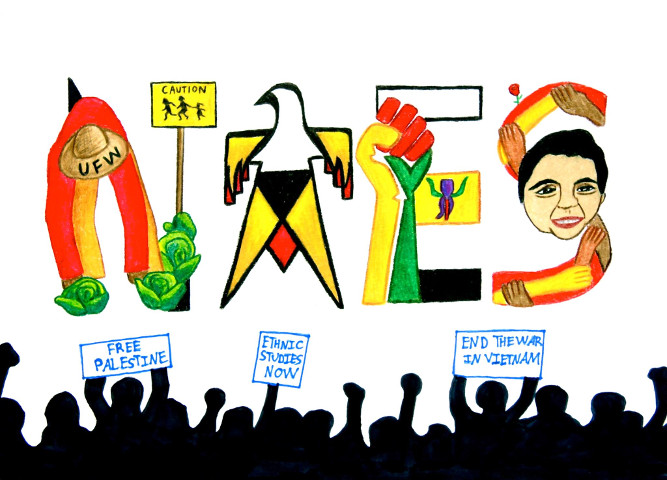Ethnic Studies Review

Orginal Publication Date
1996
Journal Title
Ethnic Studies Review
Volume
19
Issue
esr/vol19/iss1
First Page
[1]
Last Page
5
Abstract
Social science provides us with a variety of theories that attempt to explain the dynamics of race and ethnicity. Many of these theories are concerned with the basic question of ethnic difference: its origins, persistence, and decline. In the contemporary literature on immigration to the United States and on how immigrants adjust to that relocation, assimilation and the persistence of ethnic identity have often been considered polar opposites.^1 Researchers, however, are beginning to find that both processes often occur simultaneously, as when immigrants become acculturated into American society but also maintain or even construct distinct ethnic identities, often "symbolically."^2 Even though a generation of immigrants may give up their ethnic identities, adopt the host language, and intermarry, their children or grandchildren may choose to renew ancestral ethnicities, and in so doing, may even contribute to the re-ethnicization of their parents as adults. Ethnicity (and ethnic identity), therefore, is both a conservative force as well as an agent of change.^3 The articles in this special issue of Ethnic Studies Review explore the dynamics of ethnicity in the United States and contextualize the experience of various groups within families and communities.
Rights
Copyright ©ESR, The National Association for Ethnic Studies, 1996



Comments
Ethnicity, Family, and Community